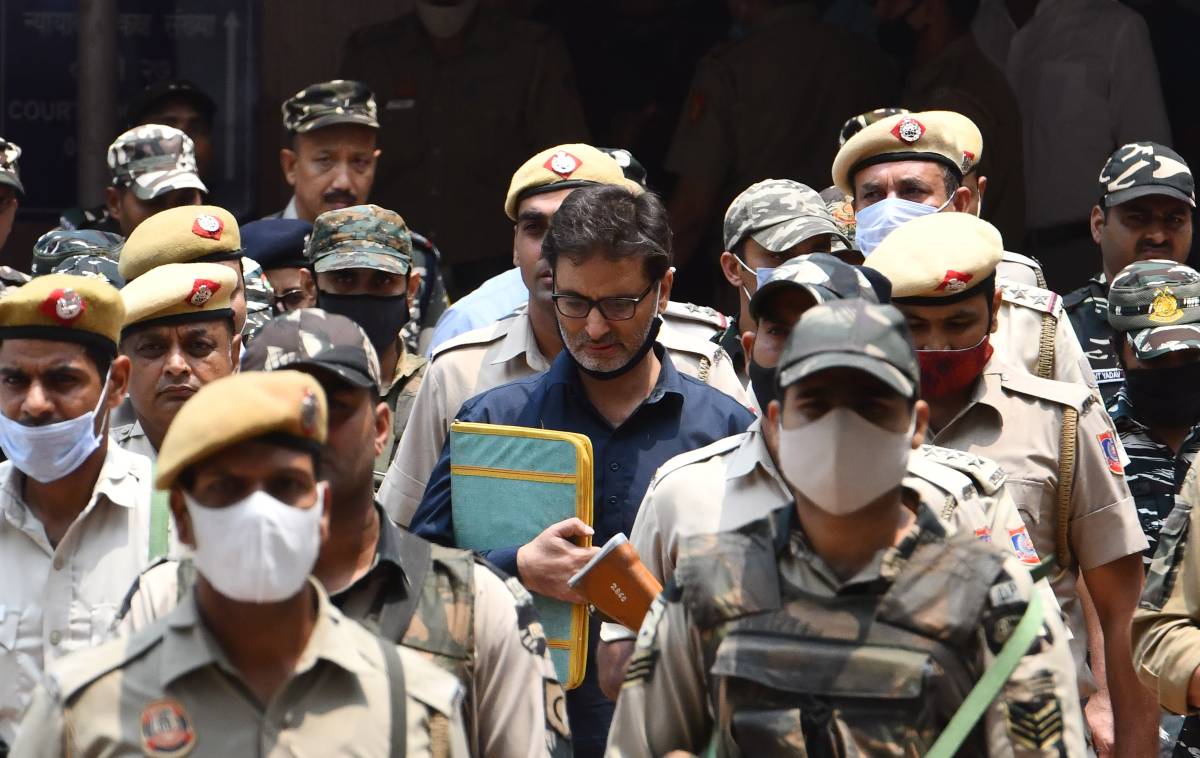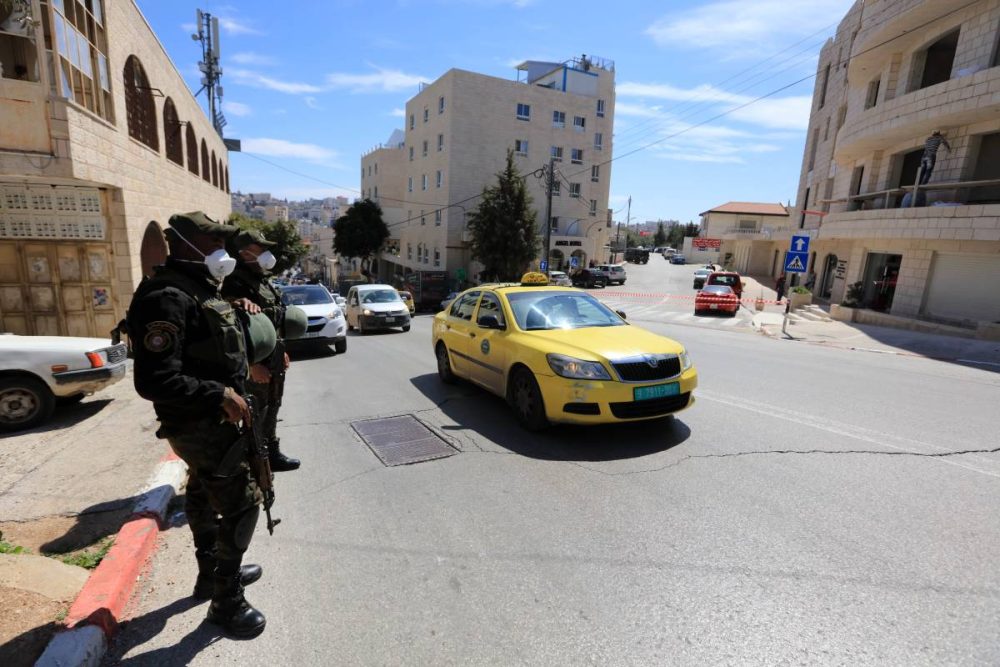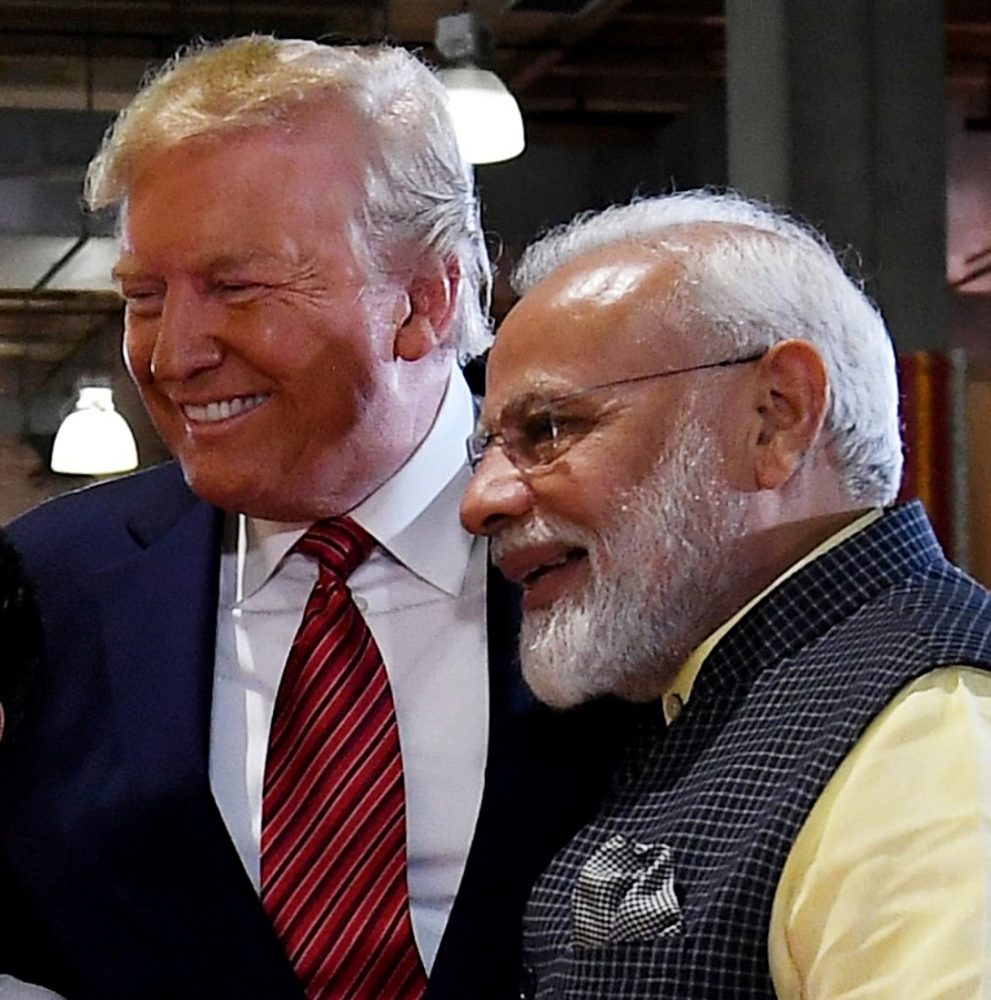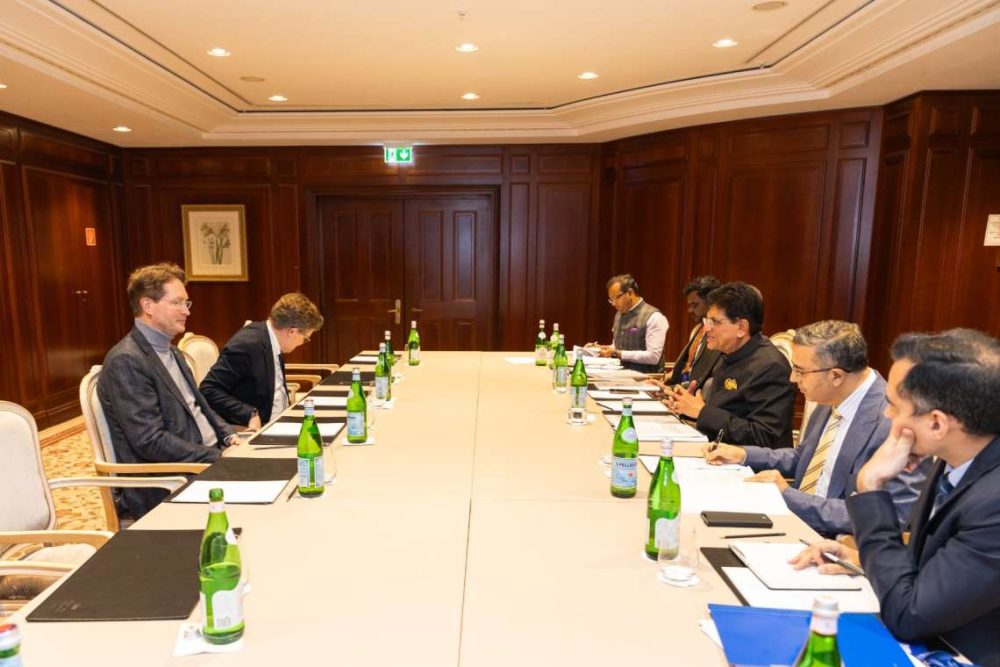During the course of the hearing, Malik said: “I will not beg for anything. The case is before this court and I leave it on the court to decide it.”…reports Asian Lite News
Kashmiri separatist leader Yasin Malik, who has been convicted in connection with a 2017 terror funding case, was sentenced to life on Wednesday by a special NIA court here.
Special Judge Praveen Singh pronounced the verdict under relevant sections of Unlawful Activities (Prevention) Act which will be concurrent and it will run till life.
The quantum of punishment for the offences in the terror funding case, was pronounced amid tight security at the Patiala House Courts.
During the course of the hearing, Malik said: “I will not beg for anything. The case is before this court and I leave it on the court to decide it.”
“If I have been involved in any terrorist activity or violence in 28 years, if Indian Intelligence proves this, then I will also retire from politics. I will accept the hanging… with seven Prime Ministers, I have worked,” he told the court.
The National Investigation Agency (NIA) told the court during the hearing that the accused is responsible for the Kashmiri Pandits’ exodus from the Valley.
The Central probe agency also argued for the death sentence for Malik.
On the other hand, the amicus curiae sought life imprisonment as a minimum punishment in the case.
Malik had pleaded guilty in the matter earlier. In the previous hearing, he told the court that he was not contesting the charges levelled against him, including section 16 (terrorist act), 17 (raising funds for the terrorist act), 18 (conspiracy to commit terrorist act), and 20 (being member of a terrorist gang or organisation) of the UAPA and sections 120-B (criminal conspiracy) and 124-A (sedition) of the Indian Penal Code.
“Gandhian principle” claim shredded by judge
A Delhi court on Wednesday rejected Kashmiri separatist leader Yasin Malik’s contention that he was following Gandhian principle of non-violence, saying despite the large scale of violence engulfing the valley, he neither condemned the violence nor withdrew his calendar of protest.
Special Judge Praveen Singh also dismissed Malik’s contention that he gave up the gun in 1994 and, thereafter, he was recognized as a legitimate political player, observing that “in my opinion, there was no reformation of this convict.”
“It may be correct that the convict may have given up the gun in the year 1994, but he had never expressed any regret for the violence he had committed prior to the year 1994. It is to be noticed that, when he claimed to have given up the path of violence after the year 1994, the government of India took it upon its face value and gave him an opportunity to reform and in good faith, tried to engage in a meaningful dialogue with him and as admitted by him, gave him every platform to express his opinion,” the judge said.
However, as discussed in the order on the charge, the convict did not desist from violence, the court noted.
“Rather, betraying the good intentions of government he took a different path to orchestrate violence in the guise of political struggle. The convict claimed that he had followed the Gandhian principle of non-violence and was spearheading a peaceful non-violent struggle. However, the evidence on the basis of which charges were framed and to which convict has pleaded guilty, speaks otherwise,” the judge said.
The entire movement (led by Malik) was planned to be a violent movement and large-scale violence ensued is a matter of fact, he noted.
“I must observe here that the convict cannot invoke the Mahatma and claim to be his follower because, in Mahatma Gandhi’s principles, there was no place for violence, howsoever high the objective might be. It only took one small incident of violence at Chauri Chaura for the Mahatma to call off the entire non-cooperation movement but the convict despite the large scale of violence engulfing the valley neither condemned the violence nor withdrew his calendar of protest which had led to the said violence,” the judge said.
“I accordingly find that in the present case, the primary consideration for awarding sentence should be that it should serve as deterrence for those who seek to follow a similar path,” the judge said.













